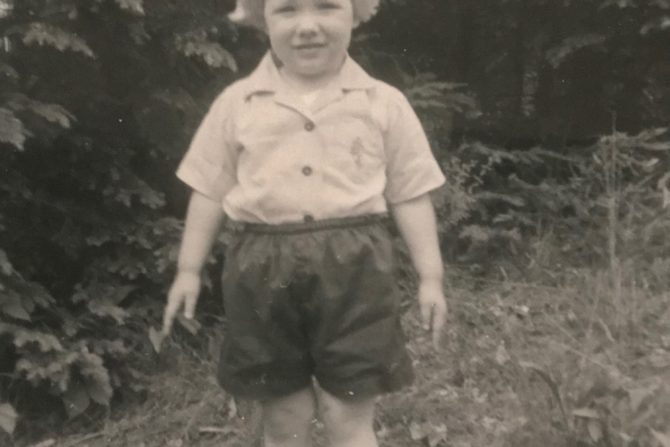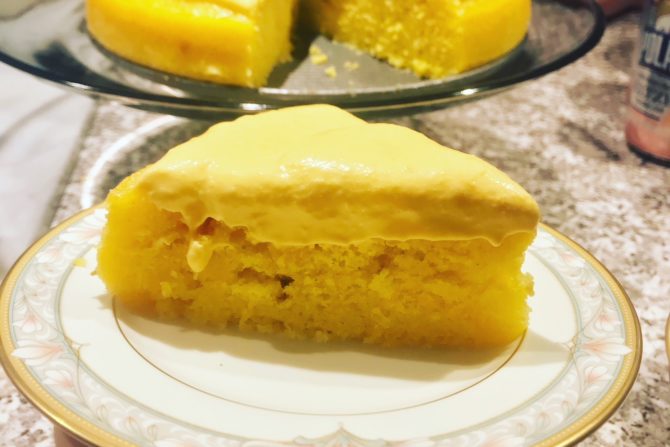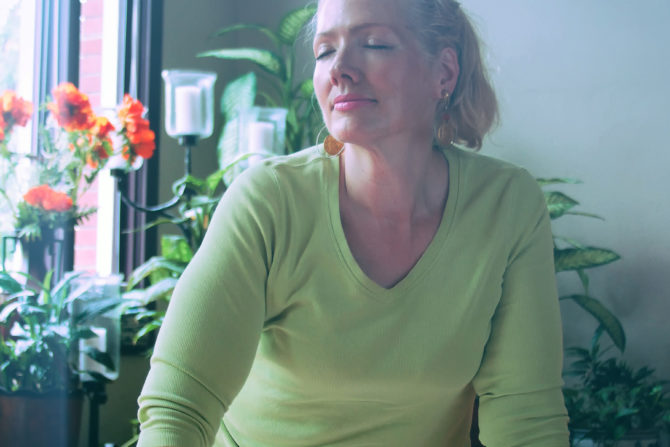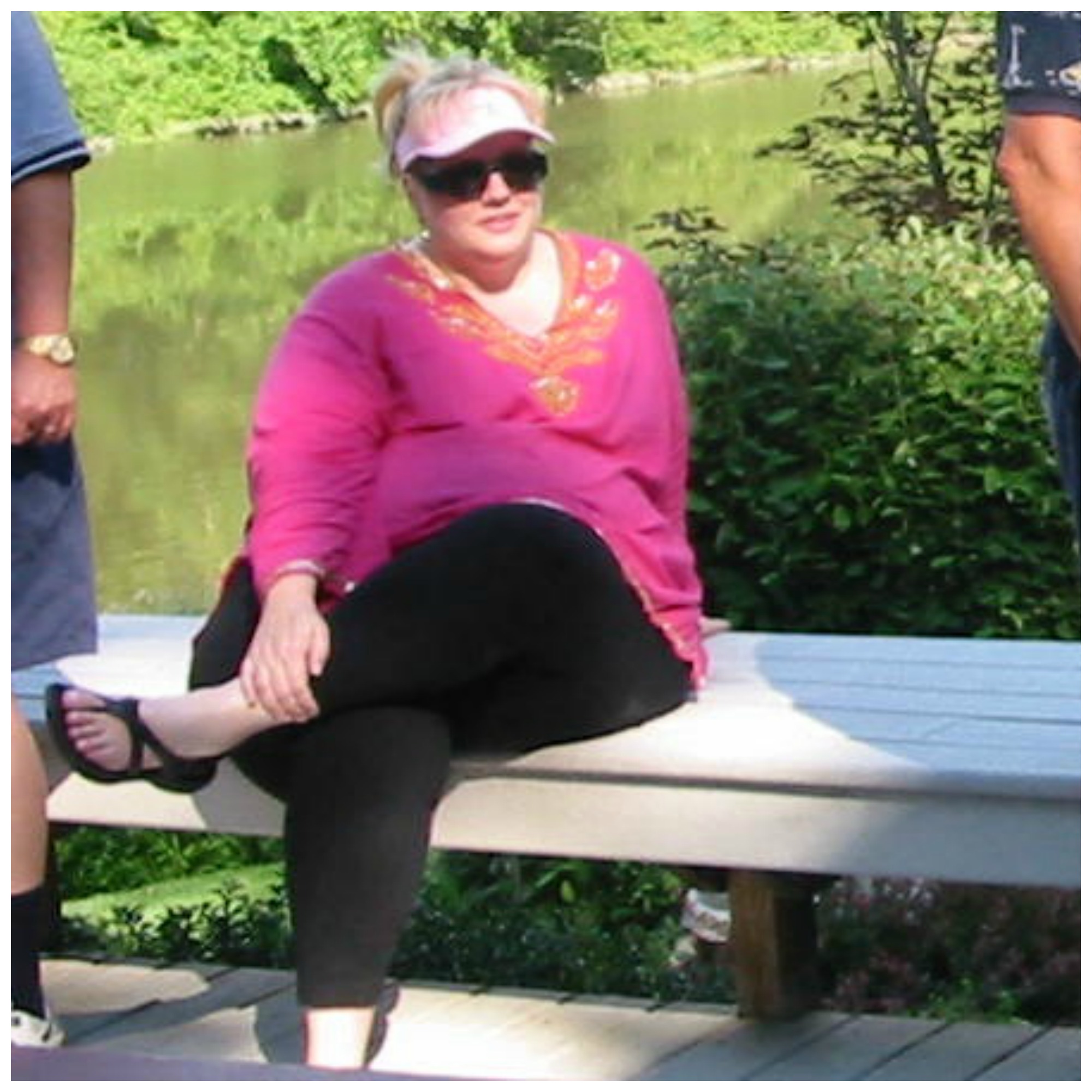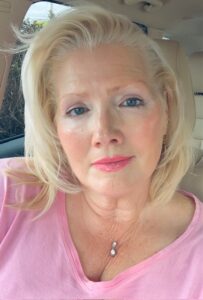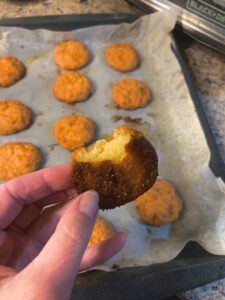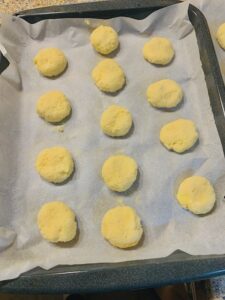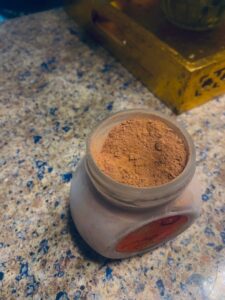Hello there. I’m back. And yes, it has been a minute. The last blog I did nearly one year ago on the mean-girl phenomenon known as the abusive sleepover gutted me. It also gut-punched those close to me, especially my family, who had no idea the the emotional abuse I suffered as a child was not limited to the garden-variety bullies that so many of us deal with growing up. As was ghoulishly depicted in those ‘70s horror flicks where the operator warns the babysitter that the recent barrage of threatening phone calls are coming from inside the house, much of the damage incurred during my tender formative years came from a small but persistent circle of friends who consciously, or more to the point, unconsciously used me (the ultimate soft target who would not fight back) as punching bag practice.
It was only two years ago that the truth I was completely unaware of lurched forth out of the mouth of the moderator of a self-development workshop I was in the midst of. It was startling, somewhat saddening, but eventually, relief washed over me: this was the missing link from my subconscious and a huge answer to why, after so much therapy, self-reflection, and general life-success I still felt a sense of tormented discontent.
One thing I’ve never done is run from the truth once it’s revealed to me. The sudden awareness that, during those vulnerable years when I needed love and acceptance the most, everyone but my German Shepherd was throwing stones at me hit me like a collapsing wall of bricks. I had no choice but to grieve the good experiences and healthy bonds I never had. It was challenging enough to process wounds I was aware of (from knuckle-dragging bullies, emotionally unavailable parents, and toxic extended family members), but to discover the betrayal I’d buried so deeply in my psyche was truly remarkable.
I never felt betrayed by the bullies. Intellectually, I know they’re both strangers and would-be tough guys who feel it’s their duty to dole out belittlement and insults. But when such behavior comes from a person who, by definition, is supposed to be in my corner, the degradation of self-worth is crippling, and so is the shame that effectively mummifies the stage of life where self-esteem blossoms. I’ve had significant time to process this and I can say for sure, the wounding from friends is far deeper and more damaging than from an asshole who shouts at me from across the playground.
Betrayal, by the way, is one of the most difficult wounds to recover from. And haven’t we all been there? I know I’m hardly alone, and that’s a big part of why I write about my past so openly. I know I’m not the only one who’s been mistreated by a friend, whether it’s outright cruelty, a micro-aggression masquerading as humor, or the expectation of being the free therapist without a thought of reciprocity. The levels of it vary, what’s constant across the board is the silent shame. There’s simply no adequate forum for addressing the grievances or admitting to the hurt. Well, that is, until today. I don’t write this stuff for fun, believe me; there are other things I’d rather be doing. But it’s a topic whose time has come and I challenge anyone to challenge me that it’s not just a worthy topic but a crucial one.
Recovery can’t be rushed and I haven’t tried to ricochet through this difficult season. I took time out from blogging here, but kept at my book-in-progress and began a Substack, where my story of overcoming a bad childhood gets increased visibility. The healing took and continues to take many forms, from crying til my eyes were out of tears to seething with rage. Eventually, with time and grace, I believe the resentments will dissipate in their own time. In the meantime, I nourish myself with honesty, good people, good therapy, and good food. So, what better time than in this era of returning to wholeness to delve into the art and practice of drinking ceremonial cacao?
I was introduced to the concept during the pandemic via Instagram, where I discovered Paula Gibson and Heart Tribe Cacao. It didn’t matter that she was based in Dublin – the whole world was connecting through Zoom in 2020, so I hopped aboard a six-week class, which proved to be the heart-opening endeavor I was hoping for. Paula taught us that cacao is an ancient ingredient used by indigenous people for millennia for healing the body and soul. Biochemically, it’s said to have 40 times more antioxidants than blueberries as well as 400 active ingredients useful for meditation. It’s also beneficial for the lungs and respiratory system. Ceremonial grade cacao’s inherent stimulant, Theobromine is related to caffeine, but differs by a single molecule. Paula explained that because of this, it doesn’t enter the nervous system, but rather is absorbed through the dilation of blood vessels, resulting in energy boosts minus the jitters. All I know is, not only do I enjoy the delicious, mellow flavor of ceremonial grade cacao, it imbues me with an improved peacefulness and sense of wellbeing. But I drink it mindfully and don’t gulp it down in a hurry – how cacao is approached is key.
Ready for ceremonial heart-opening
In addition to quality cacao, a healthy base is crucial…
When I’m craving sweets or just a little good-tasting comfort, hot chocolate is still a go-to. But the ingredient list has changed from a dried packet of sugar, milk, and powdered chocolate to a noticeable, but completely practical, nutritional upgrade. The recipe below isn’t written in stone. Use whatever type of unsweetened cocoa powder you have on hand and if you want at a later date, experiment with ceremonial grade. Some of the brands I’ve tried and liked include Keith’s Cacao and Rukuxulew, an all-female, 100% Mayan-owned small business based in Lake Atitlán, Guatemala. I always pair the cacao with a non-dairy milk (unsweetened Hemp is my current favorite) and add my own form of sweetener. Ceremonial shamans may shudder at my choice of a singular chocolate bon-bon, but it melts beautifully in warm milk and adds the perfect amount of sweetness for me. There are times when I do a deep-dive into purity and use no sweetener, but most of the time, I want a lil’ sugar.
A singular bon-bon rocks my WORLD!
After six weeks of connecting with like-minded women and being led on shamanic meditations with Paula Gibson, I knew I wanted my relationship with cacao to continue, and I remain a regular user. It’s a natural progression from being a long-time hot chocolate lover. Growing up in the ‘70s, my favorite wintertime treat was a cup of warm (not scalding) hot chocolate, served in my bunny mug with a few mini-marshmallows floating on the velvety brown surface. My chocolate of choice morphed from Swiss Miss and Nestle’s Quick to unsweetened Dutch cocoa and now, raw cacao. Since Paula’s workshop, I’ve participated in a few of group cacao events, as well as solo heart-opening excursions to the great within. Especially in the winter, I often make myself a cup of cacao simply to treat myself and satisfy a craving. No rules necessary – pure enjoyment is its own reward.
Food doesn’t solve everything, but in this case, a cup of hot cocoa really can make it better.
More sweet, clean recipes such as this one can be found in my dessert cookbook, Sweet Comfort, and in my cookbook-memoir, Clean Comfort, available on Amazon.
Hot Cacao
Serves 1
Ingredients:
1 ½ cups of milk (I like unsweetened Hemp milk)
1 tablespoon unsweetened cocoa or ceremonial grade cacao
Sweetener of choice is optional but honey, maple syrup, Stevia, or a sweetened piece of chocolate are some ideas.
Instructions:
In a small saucepan, heat milk over medium-low heat until steam begins to arise or it just starts to bubble. Stir often so it doesn’t stick to pot and make sure it doesn’t boil.
Add cacao and whisk vigorously with a wire whisk until blended. Add sweetener and whisk some more. Pour into a mug and enjoy. Introspection is optional…

